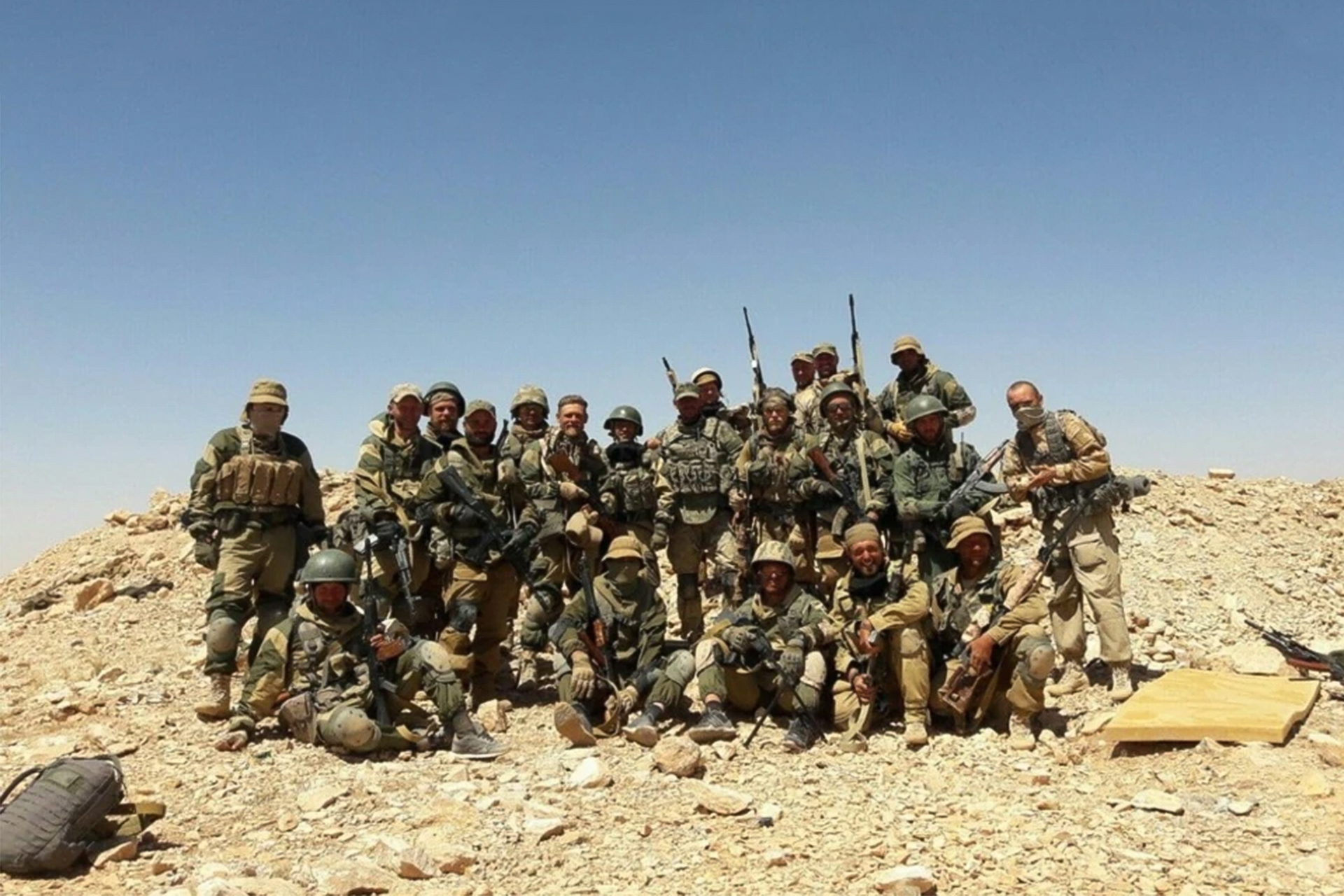Western security officials say Russia's Wagner Group has sent geologists to explore resource-rich areas in southwest and central Mali before deploying its mercenaries there, according to the Wall Street Journal.
And the American newspaper quoted in a report by its editors Benoit Faucon and Joe Parkinson to these officials as saying that the timing of these explorations indicates that Wagner is using military force to clear areas of the population, so that the company can reach them for exploration and mining.
The newspaper reported that Wagner mercenaries were deployed this year alongside Malian forces in the central and western regions of Mali, noting that they are accused of involvement since March in at least 6 alleged massacres, according to survivors, Western officials, United Nations officials and human rights organizations. This caused tens of thousands to flee across the border into Mauritania.
And the Wall Street Journal quoted United Nations investigators as saying - in an unpublished report seen by the newspaper - that a joint force of Malian forces and "white people" raided a group of shepherds near the border with Mauritania, and executed dozens of them.
Survivors told the newspaper in interviews that the incident occurred even though there was no fighting in the area and the herders were unarmed.
"Mali combines being a country with important natural resources and a weak government," said Anna Borshevskaya, an expert on Russia at the Washington Institute for Near East Policy, noting that Russia is taking advantage of this situation by providing services and getting what they want through Wagner.
Russian authorities deny any connection with Wagner, but the Russian state media has in recent months been full of press reports praising the company's exploits and heroism in Ukraine, according to the Wall Street Journal.
The newspaper said that it contacted the Russian and financial authorities to take their point of view, but those authorities did not respond.
Wagner signed, according to United Nations officials, a contract in December 2021 with the ruling military junta in Mali, according to which it would receive 10 million dollars in return for the fight against Islamic extremists.
But Wagner quickly revealed that she had other financial ambitions beyond collecting a monthly stipend for mercenaries.
Mali is the fourth largest exporter of gold in Africa, and also has large reserves of oil, manganese, uranium and lithium, a mineral used in the manufacture of electric car batteries, according to the US Department of Commerce and the US Geological Survey.
The newspaper says that Wagner's operations have so far caused the displacement of thousands of millions of people from their areas after many of them died in massacres that this organization is accused of being responsible for.
"The Wagner Group will not bring peace to Mali, and instead, it will work to divert natural and economic resources away from Mali's war against terrorism," Richard Mills Jr., deputy US ambassador to the United Nations, said in a statement he made last June.

